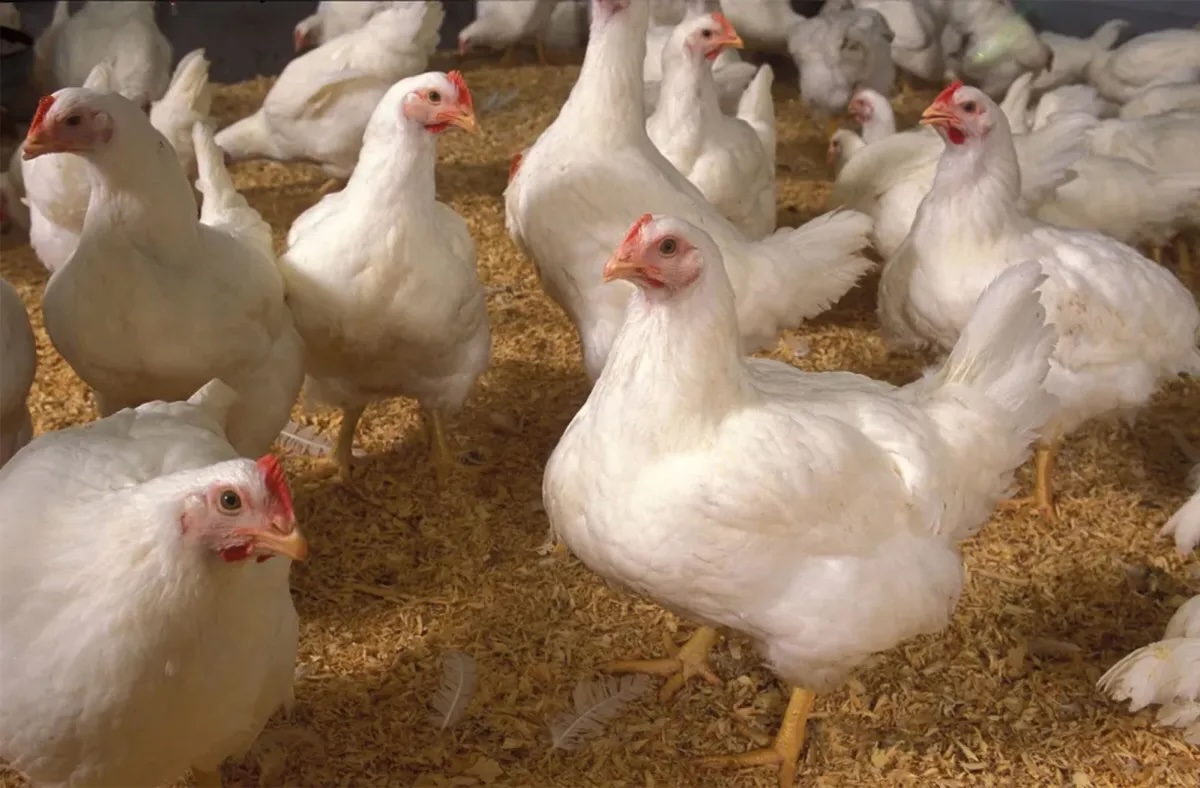AS BIRD FLU takes it toll around the nation, San Joaquin County has jumped to the forefront, with the U.S. Department of Agriculture reporting the virus has spread to 627,800 commercial egg-laying chickens.
The disclosure underscores how quickly the highly pathogenic avian influence, or HPAI, is spreading. It was only a month ago that the virus first showed up here on a chicken farm.
The USDA did not indicate whether the latest findings included more than one farm and did not identify the location of the infections.
The discovery was announced Dec. 24. Earlier in December, the federal agency reported that 13,000 ducks used for commercial meat were infected at a San Joaquin County farm.
While the outbreak is significant, it is not the largest in the state. Riverside County in Southern California was found to have HPAI detections last month in 1.1 million egg-laying chickens, and Merced County, in the San Joaquin Valley, has had more than 2.7 million commercial egg-laying chickens infected during the same span.
The outbreak has hit California hardest, prompting Gov. Gavin Newsom to declare a state of emergency. In the last 30 days, the pathogen has been detected in 22 flocks of commercial poultry in the state — including turkeys and ducks — as well as four backyard flocks, infecting 7.8 million birds.
The spread has been a factor in the rising price of eggs, which have spiked to $10 a dozen at some stores in California, and led to a ban on imports of poultry meat and eggs from select counties in six U.S. states, including San Joaquin County. The illness has also been found in dairy cows and raw milk, which has been recalled in the state.
Cases spreading rapidly
The nationwide outbreak has grown exponentially. In September, the USDA said avian influenza was detected in only a single commercial flock. A month later, it was in nine. By November, the number had climbed to 35, and last month, 64 commercial flocks have had confirmed detections of the virus.
The California Department of Public Health says the risk of spread to humans remains low, with all but one of the 37 cases of Californians having contracted bird flu through close contact with cattle. In the other case, a child in Alameda County, the cause could not be determined. The health department says the illness can’t spread to humans through the consumption of milk or eggs because the virus is killed through pasteurization. (That is not the case with raw milk, which is unpasteurized.)
Stanislaus County reported its first case of a human infection on Dec. 23. Earlier last month, San Joaquin County confirmed two farmworkers had been infected. Symptoms among those who have been sickened have generally been mild, typical of the common flu, health officials say.
In declaring the California emergency, Newsom said: “While the risk to the public remains low, we will continue to take all necessary steps to prevent the spread of this virus.”
Bird flu first appeared in California in wild birds in July 2022, eight months after it was reported in South Carolina, the first time it was detected in the U.S. It was first found in dairy cows in Texas and Kansas in March 2024, the governor’s office said.
This story originally appeared in Stocktonia.
The post San Joaquin County at center of bird flu crisis with over 627,800 egg-laying hens infected appeared first on Local News Matters.
